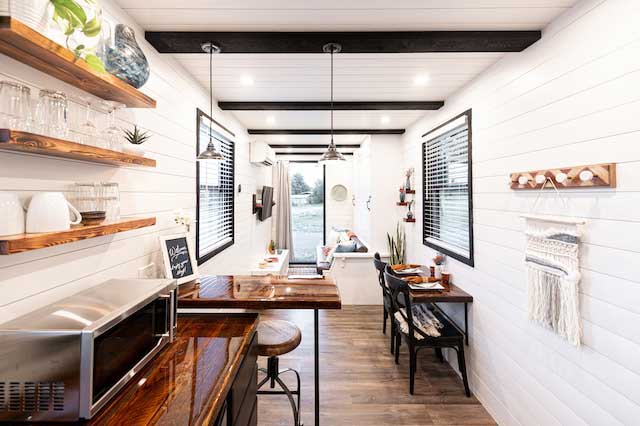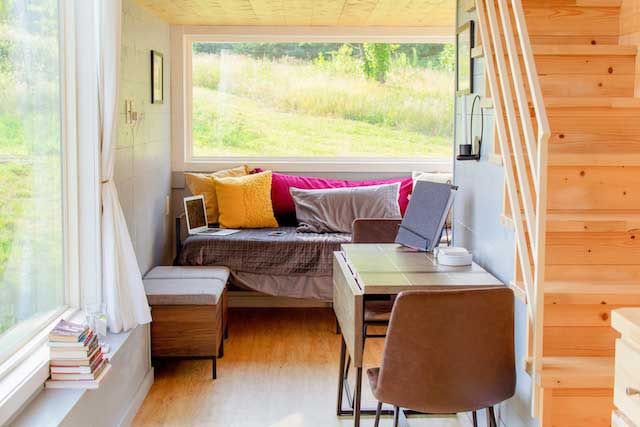ADU FAQ
ADU stands for Accessory Dwelling Unit. It refers to any additional or secondary residence on a property where a primary residence already exists.
An ADU can be attached or contained within the primary residence. It can also be a separate, stand-alone building that is not attached to the primary residence.
An ADU must be completely separate in function and utilities, and must be fully self-contained. It must contain a kitchen, washroom facilities, electrical, water, and heating/cooling that is not used by or controlled by the primary residence.
As a home or property owner, an ADU can generate rental income. If you decide not to rent it, you can use it as an in-law suite for an elderly parent or relative, a guest house, or an independent living space for your adult child who still lives at home, but who can’t afford their own home.
As you grow older and think about down-sizing for retirement, you can live in the ADU and rent out your primary residence. This allows you to remain in your familiar neighborhood with less home to take care of and generate income for your retirement years.
No. Unless you have your land severed from the property the ADU exists on, the ADU cannot be sold as a separate piece of property. It can be rented out or inhabited by non-renters, but the ADU is still the legal property of the owner of the primary residence.
Ontario’s Housing Supply Action Plan was created to face the housing challenges of today’s society. This plan gives homeowners more options and flexibility to build ADUs. However, zoning and by-law regulations vary by community. We will assess your property to see if you qualify to build an ADU and inform you of type and size restrictions.
If you have an existing structure that is appropriate to be converted to an ADU, we will do a quick assessment to let you know what would be involved. Not all existing structures can be converted due to size, property accessibility, availability of utilities, or structural condition.
The time it takes to complete an ADU depends on the type of construction. A small building conversion may take 2-3 months depending on how much work needs to be done on the existing structure. New ADU construction may take 4-6 months. You will be provided a timeline with the estimate.
No. All of our ADU construction is built on a foundation. We do not build any mobile ADUs. We do not offer conversions on mobile units.
Scarfone ADU offers ADU construction services throughout Windsor-Essex County and Chatham-Kent.
Yes, if you rent out your ADU, you are a landlord. Your ADU would fall under all the regulations of the Residential Tenancies Act. More information and resources are available from the Landlord & Tenant Board (LTB).



